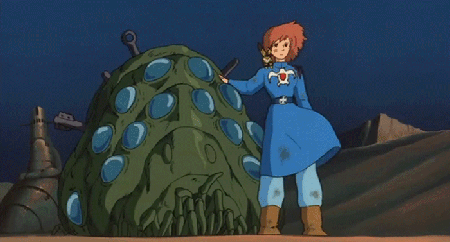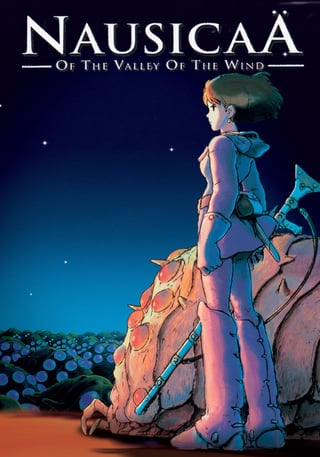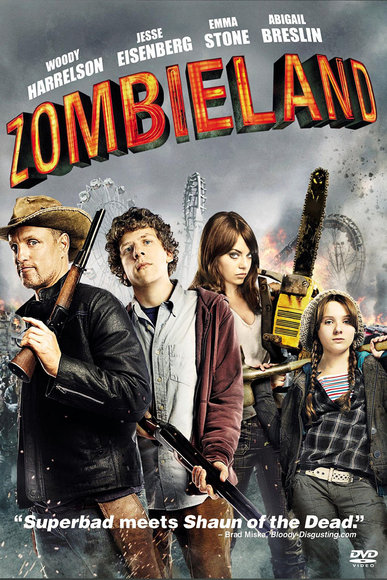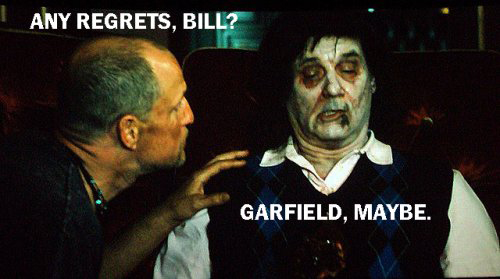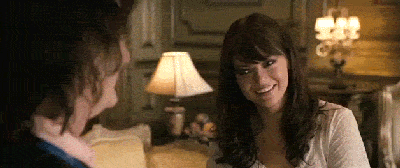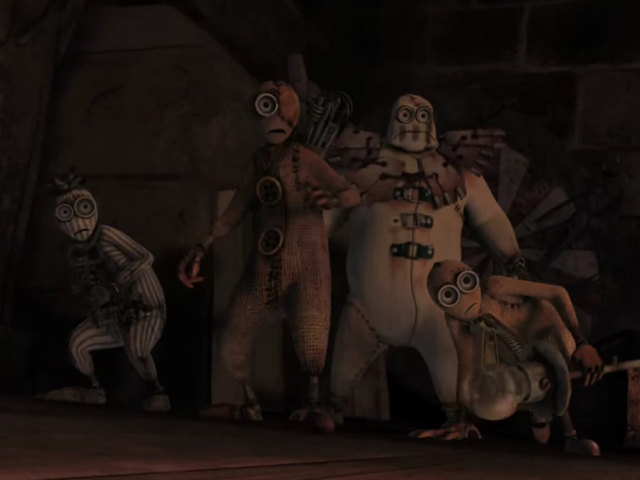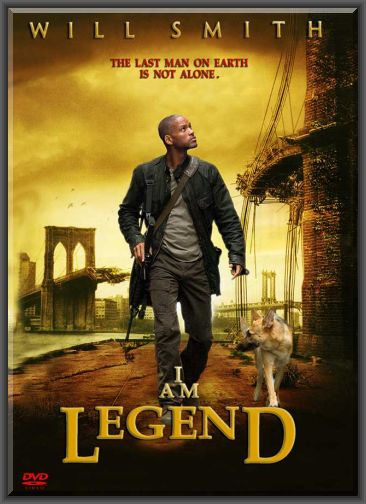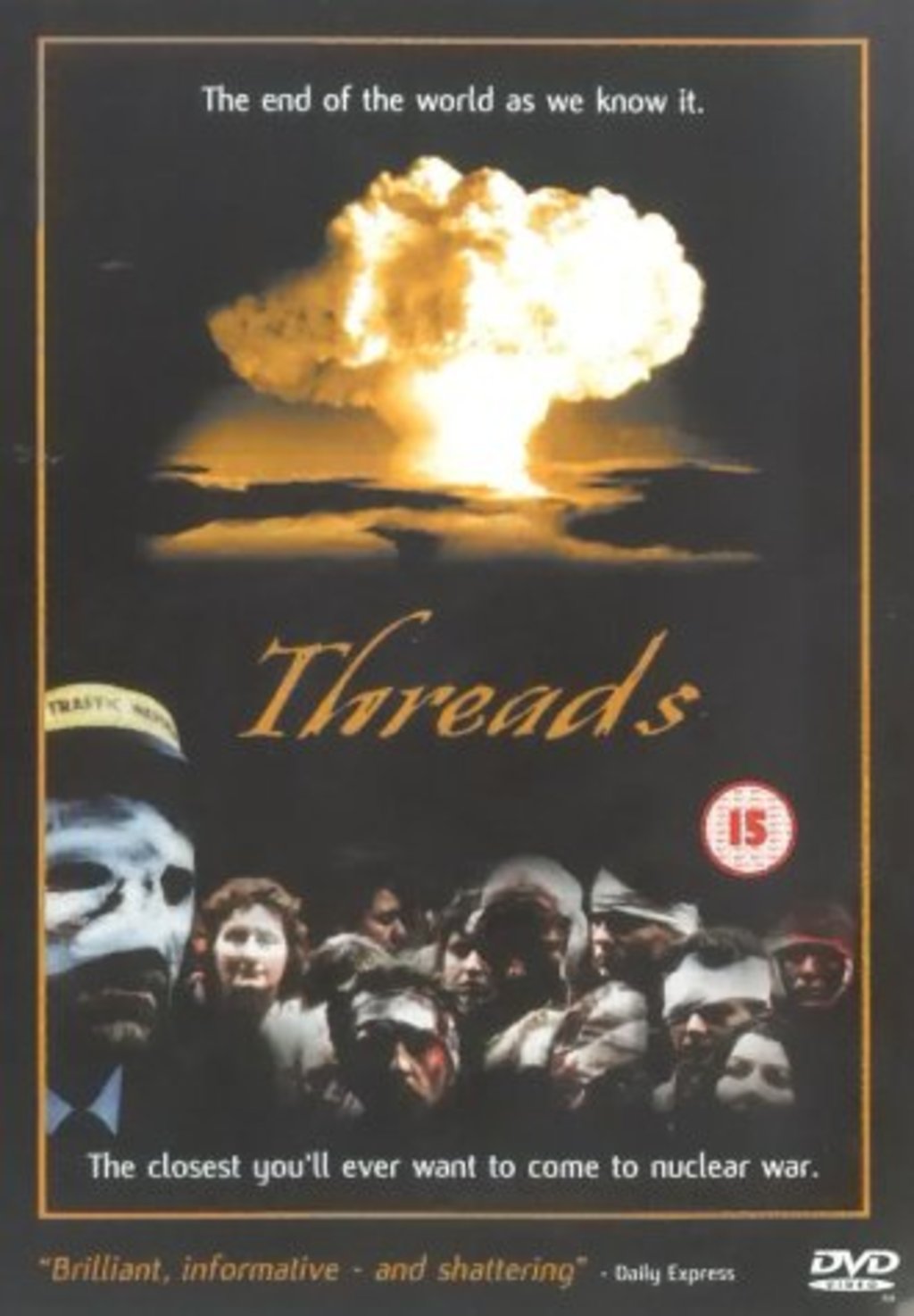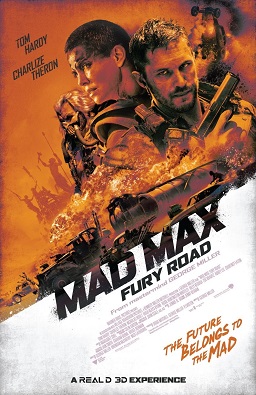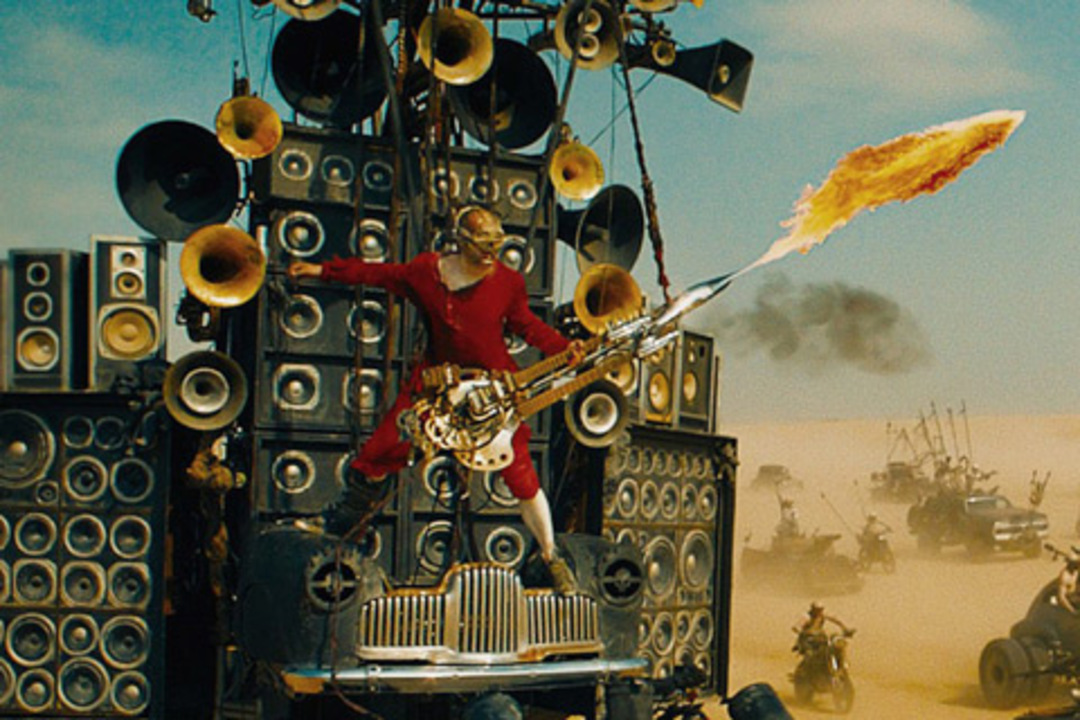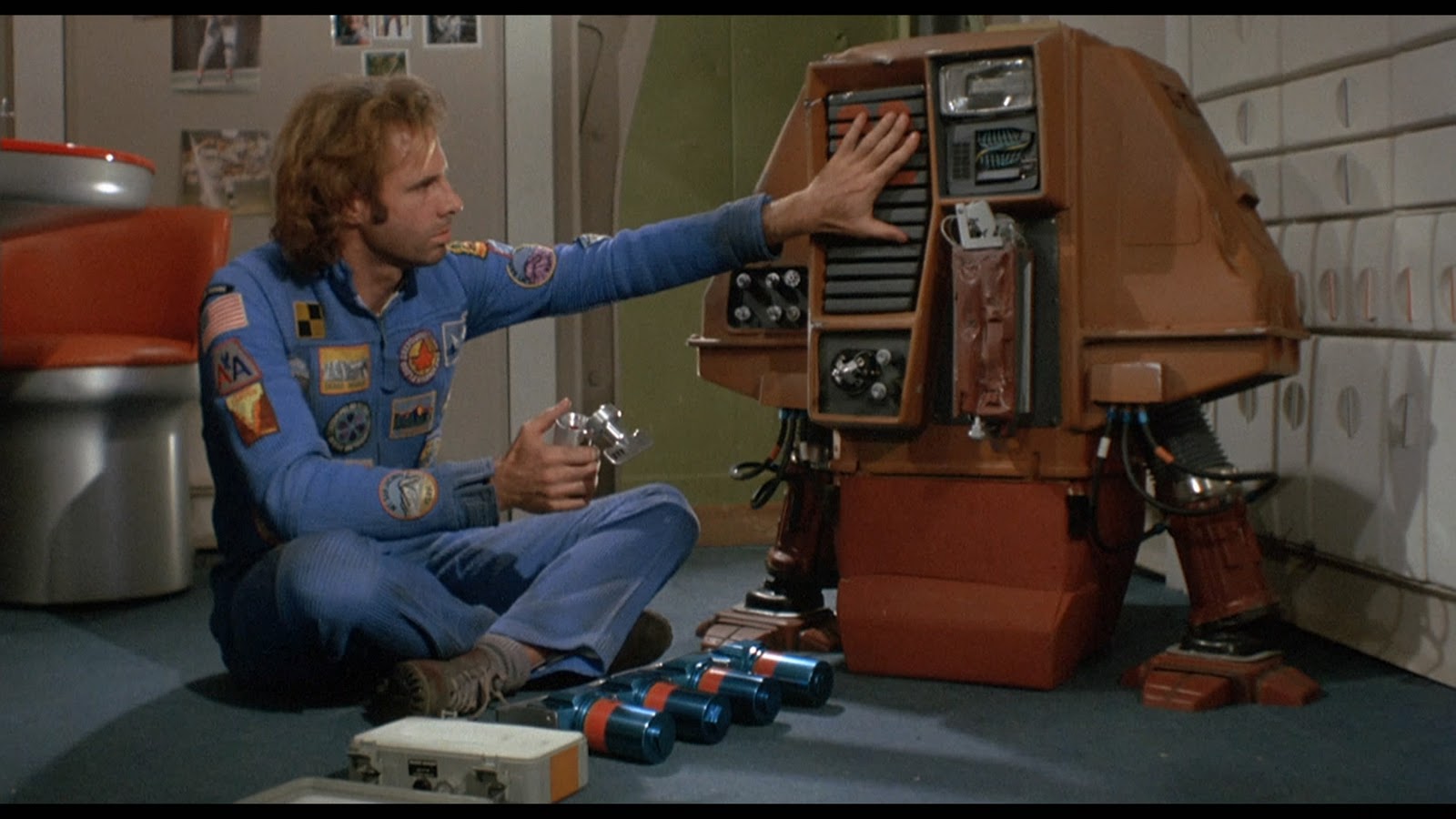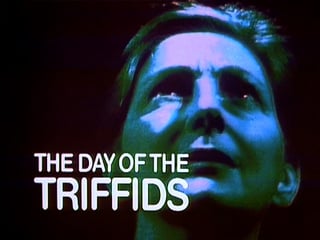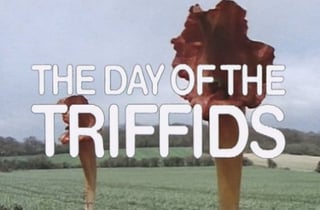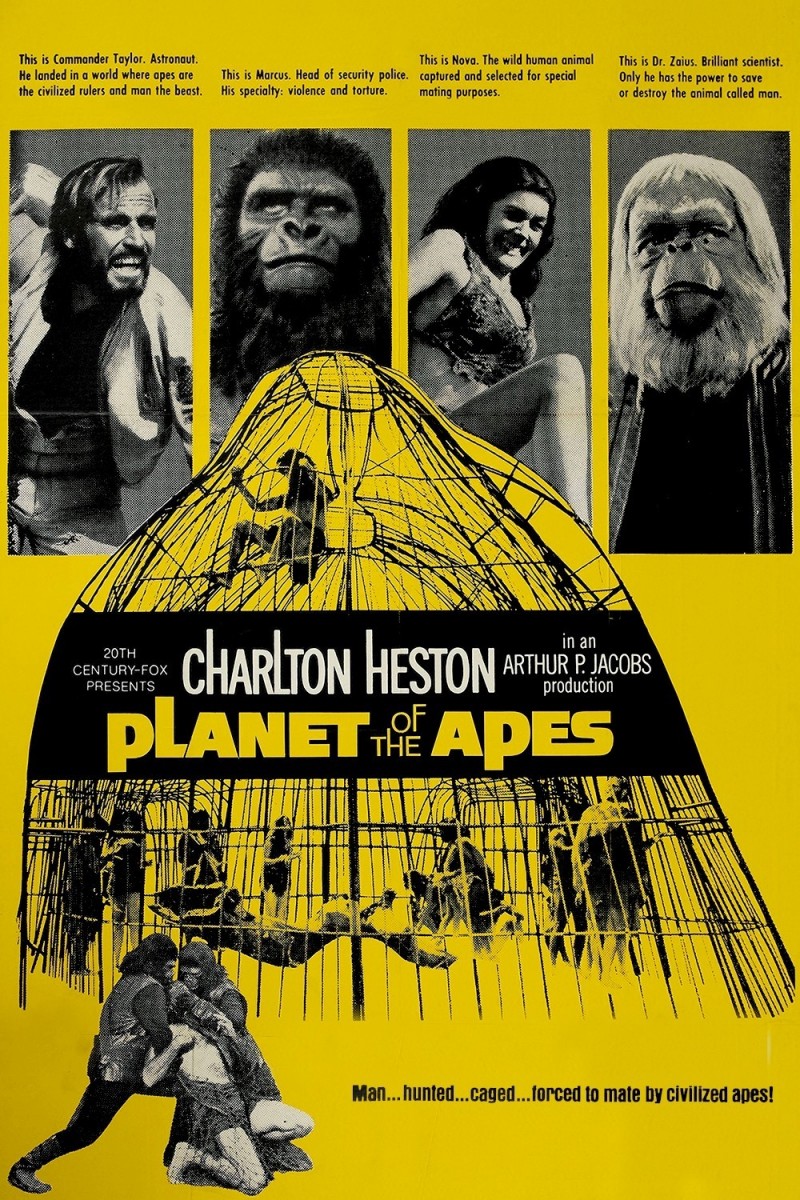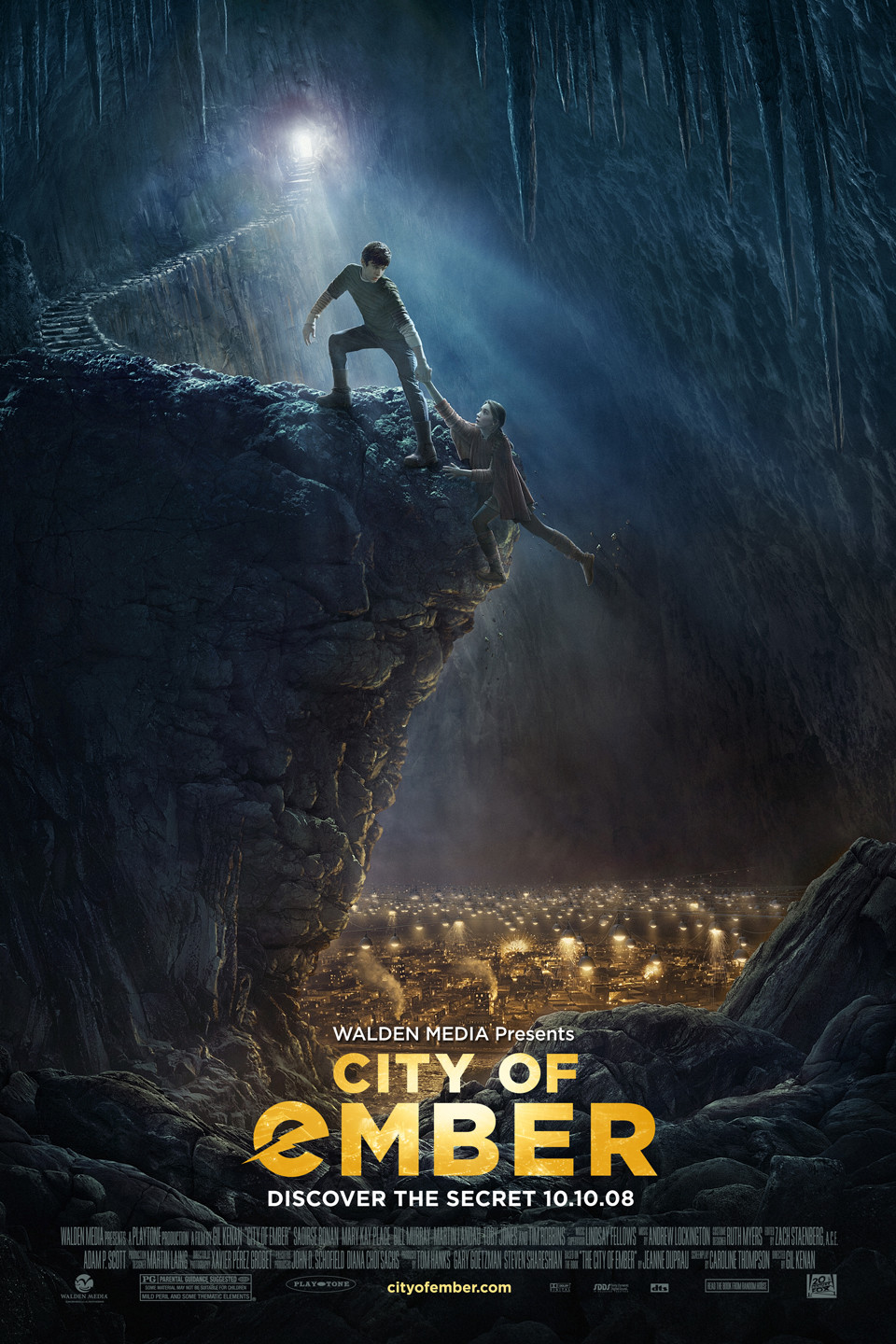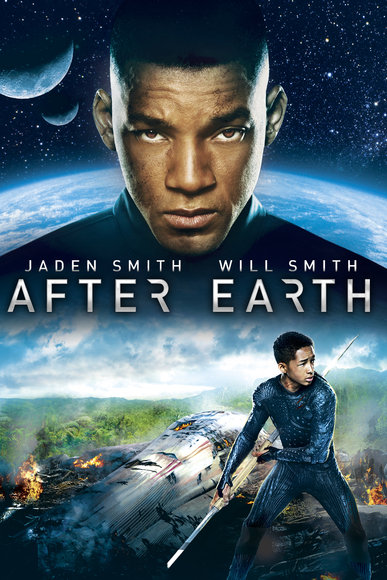I nominate a genuinely great film that hasn't gotten the attention it deserves:
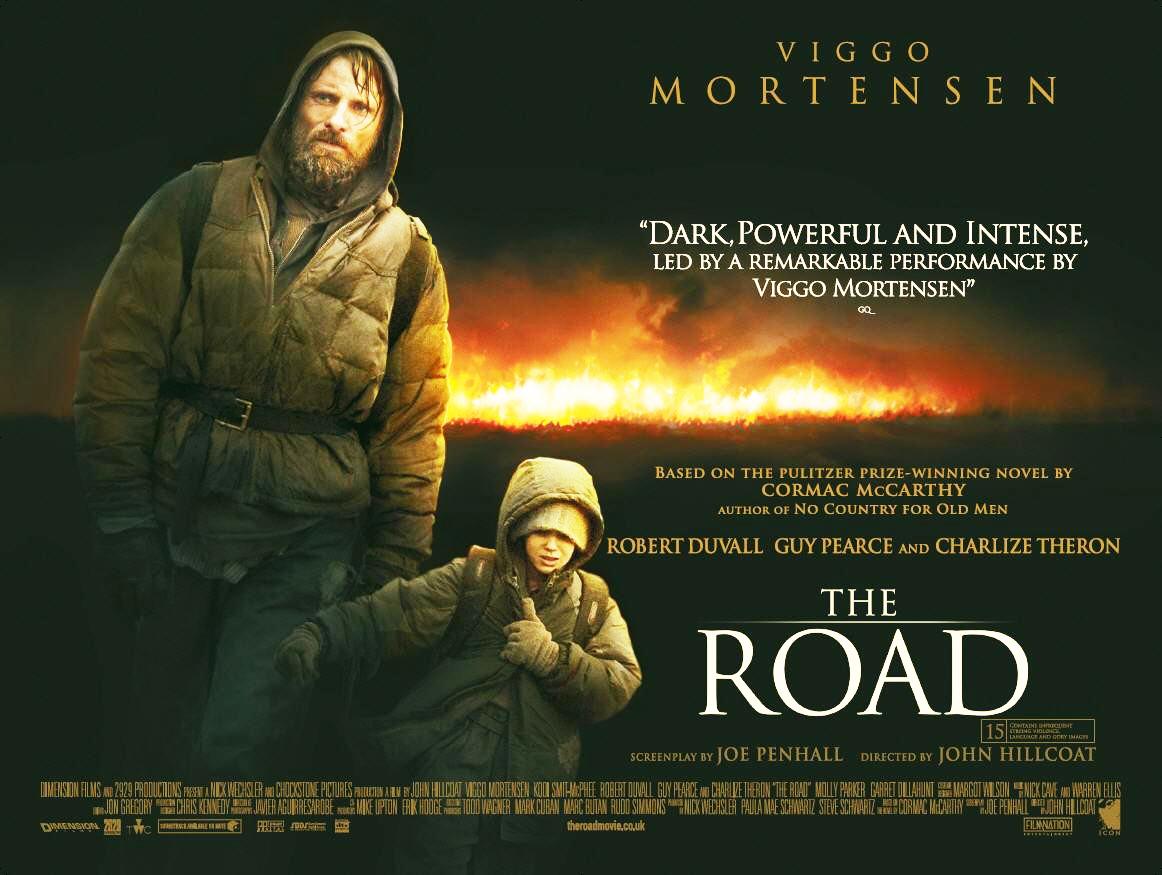
Based on the Pulitzer Prize-winning novel of the same name by Cormac McCarthy, The Road follows a man (Viggo Mortensent) and his son (Kodi Smit-McPhee) in their struggle to survive in a bleak, lifeless, post-apocalyptic world.
Awards and Acclaim:
For the Movie:
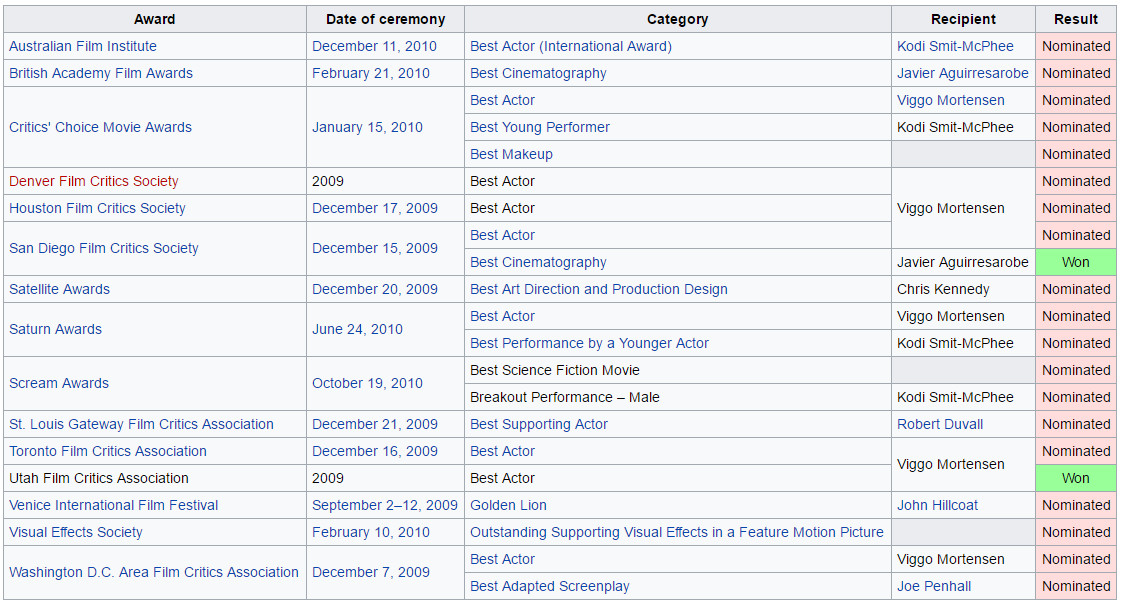
Joe Morgenstern from the Wall Street Journal states that viewers have to "hang on to yourself for dear life, resisting belief as best you can in the face of powerful acting, persuasive filmmaking and the perversely compelling certainty that nothing will turn out all right."
Esquire screened the film before it was released and called it "the most important movie of the year" and "a brilliantly directed adaptation of a beloved novel, a delicate and anachronistically loving look at the immodest and brutish end of us all."... IGN gave it four and a half out of a possible five stars, calling it "one of the most important and moving films to come along in a long time."
Tom Huddleston from Time Out calls the film "...as direct and unflinching an adaptation as one could reasonably hope for." He calls it "...certainly the bleakest and potentially the least commercial product in recent Hollywood history... a resounding triumph", noting its "stunning landscape photography [which] sets the melancholy mood, and Nick Cave’s wrenching score..."
- Source
For the Novel:
- 2007 Pulitzer Prize for Fiction winner
- 2006 James Tait Black Memorial Prize for Fiction winner
- 2006 Believer Book Award winner
- 2006 National Book Critics Circle Award for fiction finalist
- 2012 Best of the James Tait Black shortlist
- 2008 Entertainment Weekly "Best book, fiction or non-fiction, of the past 25 years"
Bonus Point Criteria:
Although the nature of the cataclysm that destroyed the earth is never revealed, and in fact, is rarely addressed, it is based on the author's anxieties regarding the dangers his own son will face in the near future - anxieties that are shared by a large portion of the general public, and are indeed a common focus of widespread societal angst.
The Nature of the Apocalyptic Event:
Neither the novel nor the film reveal the exact cause of the apocalypse, and McCarthy himself refuses to resolve the issue, but readers and viewers have proposed any number of possible scenarios, and McCarthy seems to find them all acceptable. The most common theories are climate change, nuclear war, massive volcanic activity (of the kind a supervolcano, like the one in Yellowstone National Park, might unleash), or an asteroid or comet colliding with the earth.
McCarthy's comments:
When asked recently, in a conversation with the Wall Street Journal, about the nature of the catastrophic event in The Road, [McCarthy] answered by saying: "I don't have an opinion. It could be anything – volcanic activity or it could be nuclear war. It is not really important. The whole thing now is, what do you do? The last time the caldera in Yellowstone blew, the entire North American continent was under about a foot of ash. People who've gone diving in Yellowstone lake say that there is a bulge in the floor that is now about 100 feet high and the whole thing is just sort of pulsing. From different people, you get different answers, but it could go in another three to four thousand years or it could go on Thursday..."
- Source
The film's director is inclined to believe that the apocalypse was caused by the damage our species is doing to the planet:
"It just builds on the story that we are creating of the revenge of nature... We are certainly heightening the environmental threat."
- Source
The specific nature of the cataclysm may be a mystery, but McCarthy has revealed what inspired his apocalyptic vision - his concerns about the course mankind is on, and the destructive nature of our species:
Being a septuagenarian dad in the modern age is sobering. “When you’re young and single, you hang out in bars and don’t think about what’s going to happen,” McCarthy says. “But in the next fifty years when you have kids, you start thinking of their life and the world they have to live in. And that’s a sobering thought these days. I’m not one of those conspiracy guys, but the world is in a very unstable situation. If you were to take thoughtful people on, say, January 1st, 1900, and tell them what the twentieth century was going to look like, they’d say, Are you shitting me?’ ”
McCarthy began to wonder about the future facing his boy. “I think about John all the time and what the world’s going to be like,” he says. “It’s going to be a very troubled place.” One night, during a trip to Texas with John, McCarthy imagined such a place. While his son slept, McCarthy gazed out the window of his room and pictured flames on the hill. He later decided to write a novel about it; The Road is dedicated to his son. While McCarthy suggests that the ash-covered world in the novel is the result of a meteor hit, his money is on humans destroying each other before an environmental catastrophe sets in. “We’re going to do ourselves in first,” he says.
In part, he blames an increasingly violent society. “If kids are unstable, they may very well be cranked up by the violence they see, and might do things that they wouldn’t have done or would have taken them longer to get around to,” McCarthy says. “But the real culprit is violence against children. A lot of children don’t grow up well. They’re being starved and sexually molested. We know how to make serial killers. You just take a Type A kid who’s fairly bright and just beat the crap out of him day after day. That’s how it’s done.”
- Source
McCarthy is a research fellow at the Santa Fe Institute, and his work there led to a preoccupation with catastrophic events, including asteroid impacts, nuclear war, volcanic activity, and climate change:
IT’S THE SIXTH ANNIVERSARY or September 11th, and scientists from the Santa Fe Institute are contemplating the end of the world. The occasion is a three-day conference on climate change. This evening, no one in the standing-room crowd of locals crammed into the auditorium recognizes McCarthy as he hunkers into his seat down front. When I remark on how many people are interested in tonight’s topic, McCarthy replies, “Of course it’s relevant – we’re all going to die.”
ONE DAY A FEW YEARS AGO, after checking his mail and pouring his coffee, McCarthy gingerly made his way down the hall at the Institute. He passed the equation-scrawled windowpane, down the steps where Dr. Zen was curled in the corner, past the long, red sofa where a grad student lay sprawled, and into the corner office of his friend Doug Erwin. Then he started asking about the apocalypse. In particular, he wanted to know about extinction-the Cretaceous-Tertiary meteorite that wiped out the dinosaurs 65 million years ago.
Erwin is the guy to ask. A Smithsonian paleobiologist with a boyish fop of brown hair, Erwin is an expert on the subject: He wrote a book titled Extinction. He and McCarthy share a wry and fatalistic view of our time here on Earth. “The planet is going to do just fine without us,” Erwin says. “We’re an encephalized ape that won’t last long.”
Erwin told McCarthy about the likely aftermath of the deadly meteorite: the magnitude of the desolation, the collapse of ecosystems, the fallout of debris and gases. Then, one day last year, Erwin sat down to read a galley of The Road, which depicts the harrowing, post-apocalyptic journey of a father and son. Erwin smiled – so this is what McCarthy was up to, he figured.
- Source
Bonus Point Score: +3
- Reflects a widespread societal angst of the time and place the movie was made: Twenty-first century earth is rife with angst regarding all the fears mentioned above. +1
- Reflects a widespread societal angst of today in the place of your choosing: Again, this angst is common today. +1
- We can (at least semi-)seriously worry about it happening in the real world in our lifetimes: Yes, we can seriously worry about nuclear war, volcanic activity, asteroid impacts, and climate change. +1
Note: There are a handful of women in the film, but few of them have any dialogue, and none are named (in fact, even the main characters are nameless in both the movie and the book - they are referred to exclusively as "the Man" and "the Boy"). I'm not saying this is a good thing - I only mention it because it was brought up in the question.

